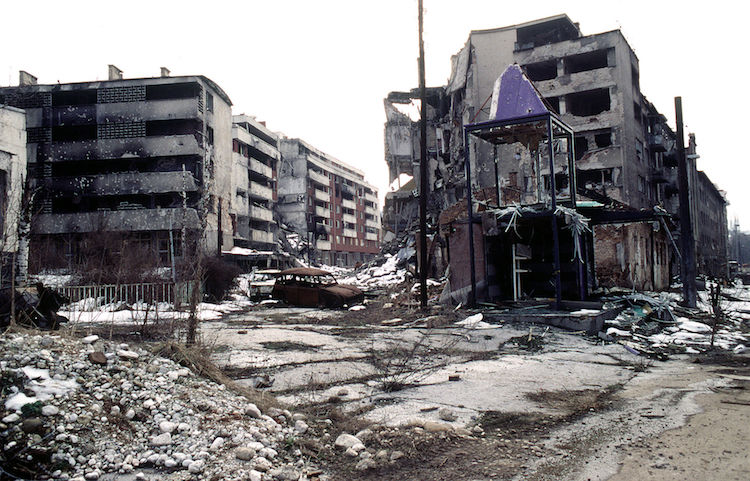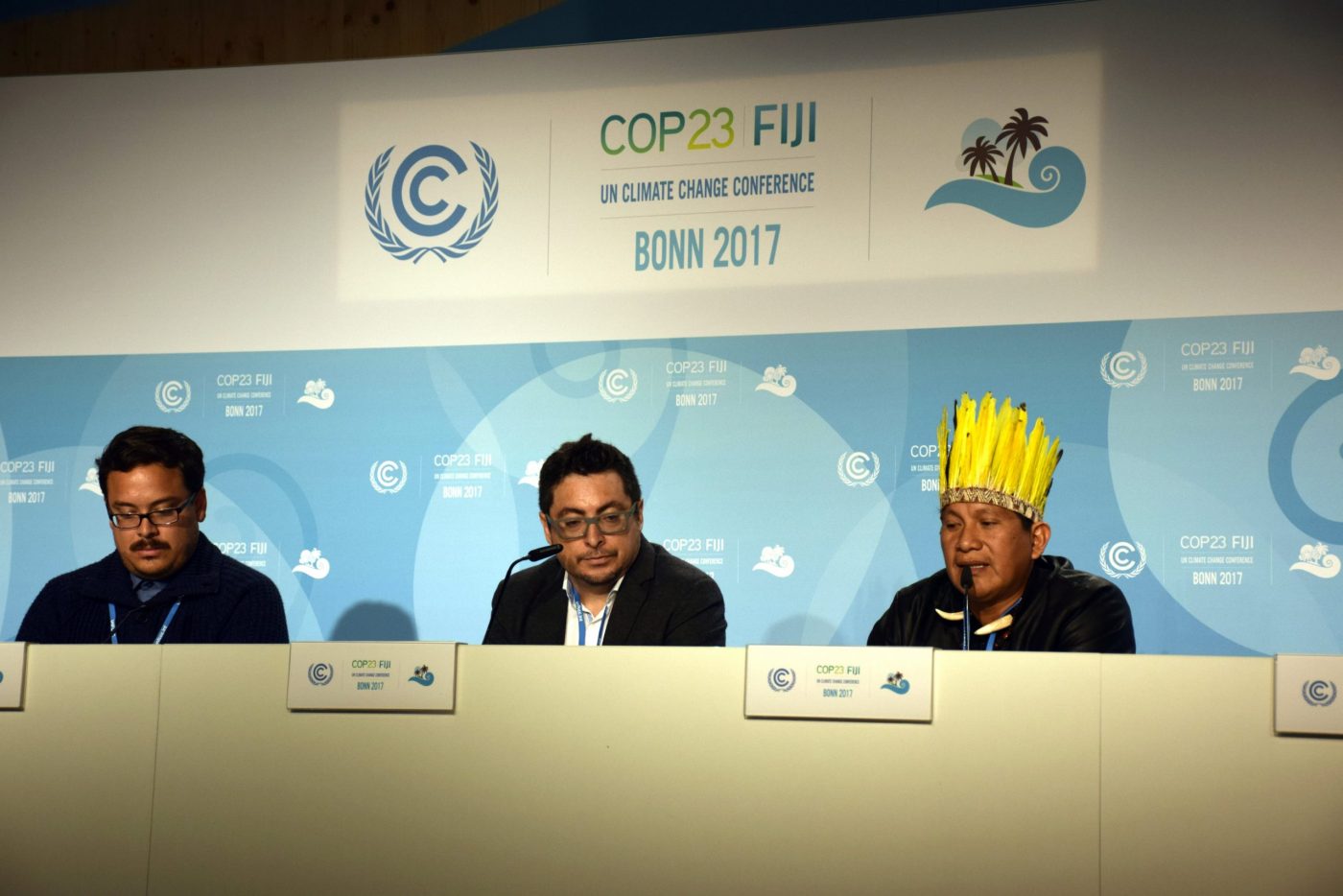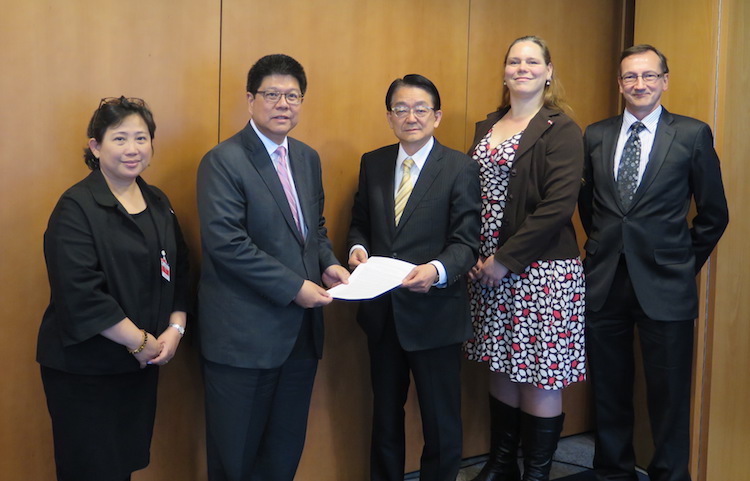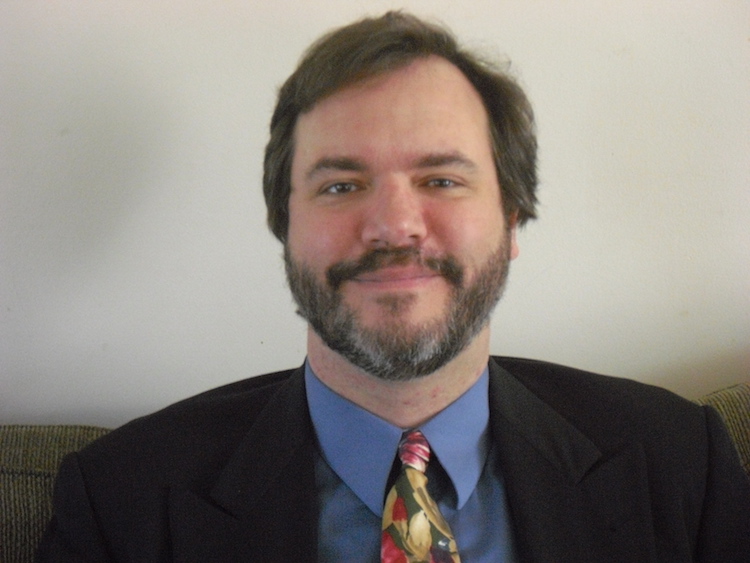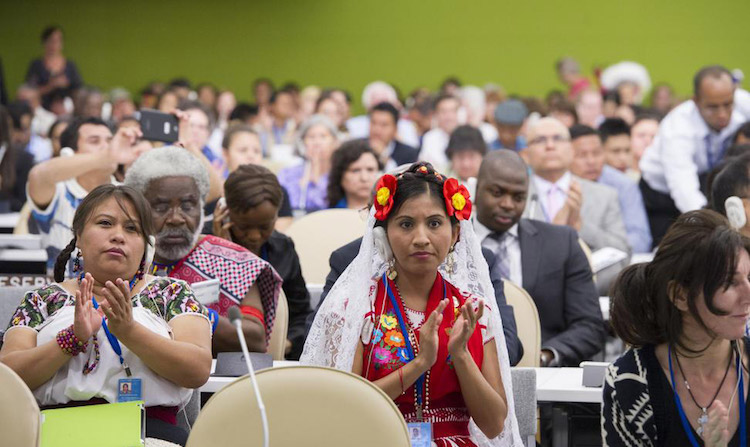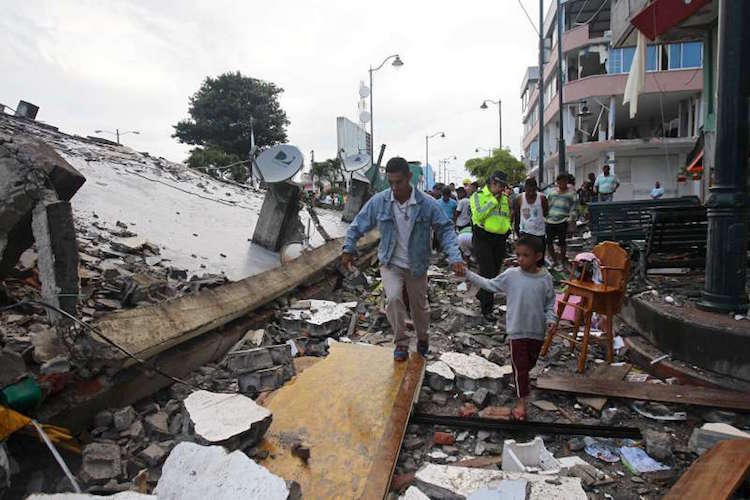Analysis by Vesna Peric Zimonjic
BELGRADE (IDN) – The right to vote for any party they like has existed in former Yugoslavia for more than a quarter of a century, but genuine democracy remains a dream for many as the region remains split along ethnic lines and lags in sustainable economic development. In fact, that dream seems to be vanishing.
Recent studies in Serbia have shown that only one-third of its 7,2 million citizens believe democracy is better than non-democratic rule.
“Unfortunately, introduction of democracy in 1990 is closely related, among ordinary people, to disintegration of former Yugoslavia, international sanctions that crippled Serbia and an unfulfilled promise of better life,” says Djordje Vukovic, head of prominent non-governmental (NGO) organisation CeSID that carried the survey titled “Democracy still does (not) live here”.


